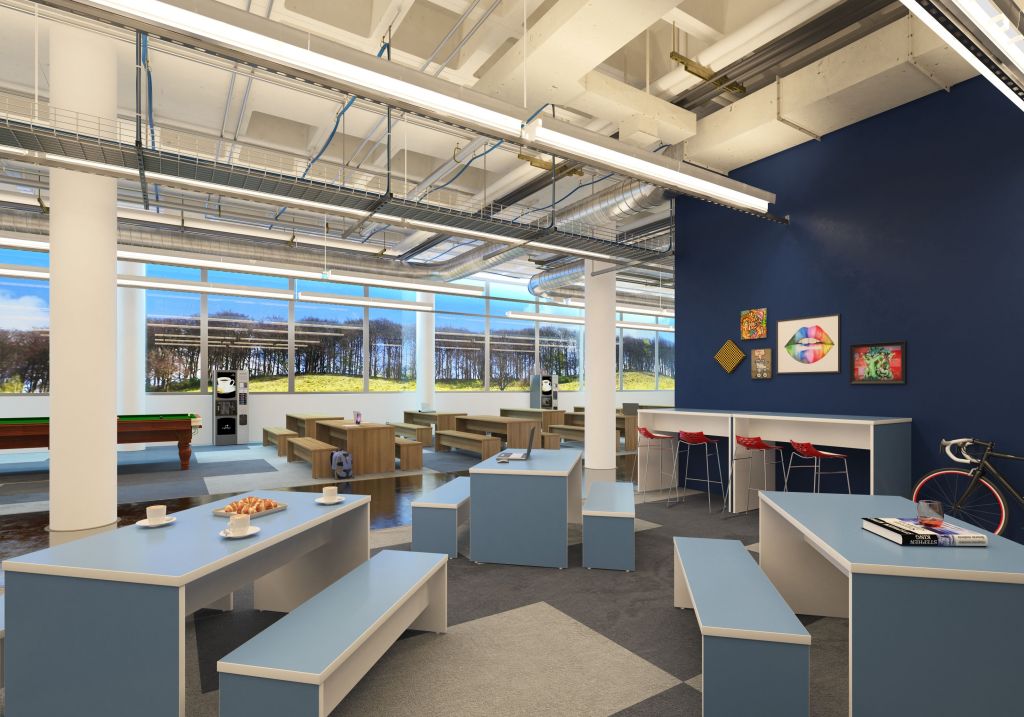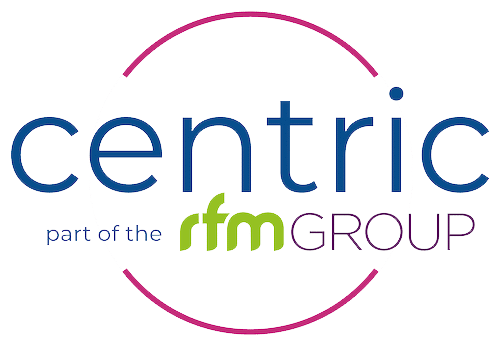When it comes to furnishing your organization’s conference room, selecting the right conference table is of utmost importance. Conference tables serve as the focal point of any meeting space, facilitating collaboration, communication, and decision-making.
With a wide range of options available, finding the perfect conference table that aligns with your organization’s needs and aesthetics can be a daunting task. This guide will navigate you through the various types, features, and considerations to help you make an informed choice.
1. Understanding Your Requirements
Before diving into the world of conference tables, it is crucial to assess your organization’s specific requirements. Consider factors such as the size of your conference room, the number of participants in typical meetings, the nature of meetings conducted, and the overall style and ambience you wish to create. By understanding your needs, you can narrow down the options and find a conference table that caters to your unique organisational requirements.
2. Size Matters: Finding the Right Fit
Conference tables come in various sizes to accommodate different meeting scenarios. For larger conference rooms or boardrooms, opt for large conference tables that provide ample space for multiple participants. Rectangular conference tables are versatile and widely used in corporate settings, offering ample seating and a formal look. On the other hand, small conference tables are ideal for more intimate meetings or compact meeting spaces, promoting a sense of collaboration and teamwork.
Example: A round conference table can create a more inclusive and egalitarian environment, encouraging open discussions and equal participation among attendees.

3. Shape and Style: Adding Elegance and Functionality
The shape and style of your conference table play a significant role in both aesthetics and functionality. Round conference tables promote interaction and equal participation, fostering a sense of unity. Oval conference tables combine the benefits of round and rectangular tables, offering a more distinctive look while accommodating more people. Rectangular conference tables provide a classic and professional appeal, suitable for formal boardrooms.
Example: A boat-shaped conference table adds a touch of elegance to your meeting room while offering a spacious surface for collaborative work.
4. Material Matters: Choosing the Right Construction
Conference tables are available in a range of materials, each with its own unique attributes. Wood conference tables exude warmth and sophistication and are often preferred in traditional or executive settings. Metal conference tables lend a modern and sleek appearance, ideal for contemporary office spaces. Glass conference tables offer a stylish and transparent look, creating an open and airy atmosphere.
Example: A wood conference table with a polished finish can evoke a sense of timeless elegance and professionalism, perfect for executive boardrooms.

5. Flexibility and Functionality: Modular and Adjustable Options
In today’s dynamic work environment, flexibility is key. Modular conference tables allow you to customize the layout and shape of your meeting space, adapting to changing needs. Adjustable conference tables provide the convenience of altering the height, accommodating individuals with different preferences and promoting ergonomics. These options ensure that your conference table can adapt to various meeting requirements, enhancing productivity and comfort.
Example: Folding conference tables offer exceptional flexibility, allowing you to transform a conference room into a multipurpose space when needed, such as for workshops or training sessions.
6. Integration and Technology: Embracing the Digital Age
To keep up with the ever-evolving technological landscape, conference tables with integrated technology features are gaining popularity. Conference tables with power outlets, USB ports, and data connectivity enable seamless integration of devices, facilitating presentations, video conferences, and collaborative work. These technologically advanced options streamline communication and enhance productivity in the modern workplace.
7. Attention to Detail: Accessories and Cable Management
Conference table accessories can greatly enhance the functionality and organization of your meeting space. Consider incorporating cable management solutions to keep cords and wires neatly tucked away, ensuring a clutter-free environment. Additionally, accessories such as cable trays, monitor arms, and power modules provide convenient solutions for connecting and managing devices during meetings.
8. Customization: Tailoring to Your Unique Requirements
If your organization has specific design preferences or unique requirements, opting for custom conference tables may be the ideal solution. Customization allows you to choose the dimensions, materials, finishes, and features that align with your organization’s brand, culture, and workspace aesthetics. Collaborating with a skilled furniture manufacturer or supplier can bring your vision to life, creating a conference table that is truly one-of-a-kind.
Selecting the right conference table
Selecting the right conference table for your organization is an investment in functionality, collaboration, and aesthetics. By understanding your requirements, considering the size, shape, and style, exploring different materials, embracing flexibility and technology, paying attention to details, and even exploring customization options, you can find the perfect conference table that reflects your organization’s values and enhances your meeting spaces. Remember, a well-chosen conference table sets the stage for successful meetings, productive discussions, and impactful decision-making.

Frequently Asked Questions (FAQ)
Q: How do I determine the right size of conference table for my organization?
A: Consider the size of your conference room and the number of participants in typical meetings. Larger conference rooms may require large or rectangular conference tables, while smaller rooms can accommodate small or round tables. Assessing your organization’s needs and available space will help you determine the appropriate size.
Q: What are the advantages of using a round conference table?
A: Round conference tables promote inclusivity and equal participation among attendees. They create a collaborative environment, encourage open discussions, and eliminate the notion of a head or end of the table, fostering a sense of equality.
Q: Which materials are commonly used for conference tables?
A: Conference tables are often made of wood, metal, or glass. Wood provides warmth and sophistication, metal offers a modern and sleek look, and glass creates a stylish and transparent atmosphere. The choice of material depends on your organization’s style preferences and desired ambience.
Q: Are there conference tables with integrated technology features?
A: Yes, many conference tables come with integrated technology features such as power outlets, USB ports, and data connectivity. These features enable seamless integration of devices, facilitating presentations, video conferences, and collaborative work.
Q: How can cable management be addressed for a clutter-free conference table setup?
A: Conference table accessories such as cable trays, grommets, and cable management systems can effectively address cable management. These solutions help keep cords and wires organized and out of sight, maintaining a tidy and professional workspace.
Q: Can conference tables be customized to match our organization’s unique requirements?
A: Yes, customization options are available for conference tables. Centric work with furniture manufacturers and suppliers to tailor the dimensions, materials, finishes, and features of the conference table to align with your organization’s specific needs, branding, and workspace aesthetics.
Q: How can a folding conference table be beneficial for our organization?
A: Folding conference tables offer exceptional flexibility, allowing you to transform a conference room into a multipurpose space when needed. They are particularly useful for organizations that require adaptable meeting spaces for workshops, training sessions, or events.
Q: What are the advantages of height-adjustable conference tables?
A: Height-adjustable conference tables promote ergonomic comfort, as individuals can customize the height to their preferred working position. These tables accommodate users of different heights, promoting better posture and reducing discomfort during long meetings.
Q: What is the importance of conference table design in creating a professional environment?
A: Conference table design plays a significant role in setting the tone and atmosphere of your meeting space. A well-designed conference table reflects professionalism, and attention to detail, and enhances the overall aesthetics of the room, creating a positive impression on meeting participants.
Q: Do furniture suppliers provide installation services for conference tables?
A: Yes, many furniture suppliers offer installation services for conference tables. They have trained professionals who can efficiently assemble and install the table in your conference room, ensuring a seamless and hassle-free experience.
Remember, if you have any additional questions or specific requirements regarding conference tables, get in touch with our furniture experts at Centric who can provide personalized advice and guidance based on your organization’s needs.
Images courtesy of Gresham

